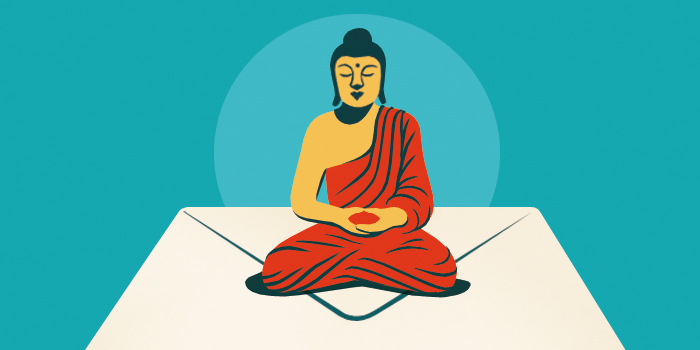What is impermanence?
Everything changes.
This is one of the most fundamental teachings of Buddhism. The Buddha taught that the source of human suffering and discontent is that we crave and cling to the things of this world under the mistaken view that they will last forever. But nothing does.
Impermanence, anitya, or anicca in Pali, is one of the Buddha’s three marks of existence, three conditions that characterize all of life, and are always present. (The other two marks of existence are anatman (Pali: anatta), or not-self, and duhkha (Pali: dukkha), suffering, or dissatisfaction.)
Our bodies decline and decay. Hair and teeth fall out. Mental attitudes also change. Excitement and anger arise, then fade away. Our health and happiness are only temporary; we will eventually sicken, age, and die, as will our friends, enemies, relatives, and strangers. Human life is brief. In the Diamond Sutra, one of the Mahayana tradition’s central scriptures, life is compared to a flash of lightning in a summer cloud, or a bubble floating in a stream.
The world around us may appear solid and unchanging, but even rivers change course, mountains crumble, seas dry up, and stars burn out. The entire universe is in a process of constant flux, arising and falling away. Our brief lives give us the privilege of witnessing this grand procession for just a moment.
Understanding impermanence is key to understanding the chain of dependent origination, the idea of emptiness, and many other important Buddhist concepts. Because all of existence is conditioned by the three marks, Buddhist practices aim to loosen our attachment to the world as it is and help us comprehend impermanence and the way it touches all aspects of our lives. Meditations on death are plentiful: In one of the Buddha’s discourses, the Buddha urged his followers to consider before they go to sleep at night that they may not live until morning, and Tibetan practitioners are instructed to meditate at charnel grounds, where bodies are cremated or left to decompose. Other meditations on impermanence investigate the ever-changing nature of the breath and other bodily sensations, our shifting thoughts, or the passing of the seasons and other transformations in the natural world.

Tricycle is more than a magazine
Gain access to the best in sprititual film, our growing collection of e-books, and monthly talks, plus our 25-year archive
Subscribe now